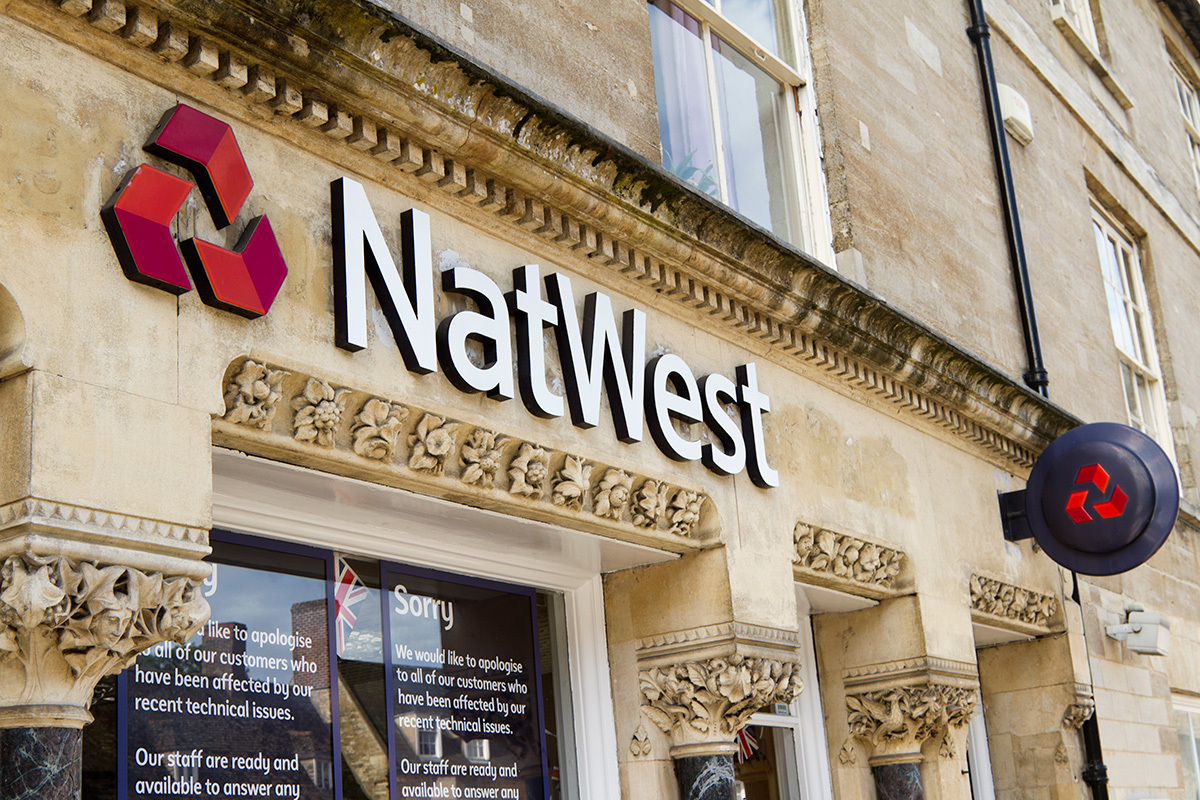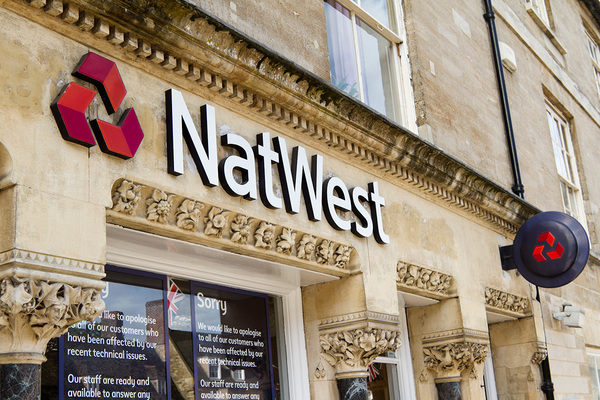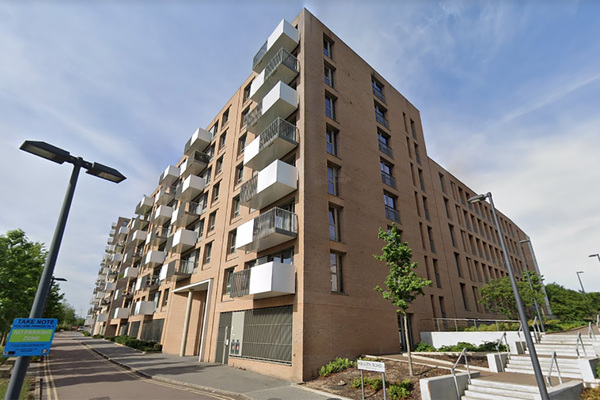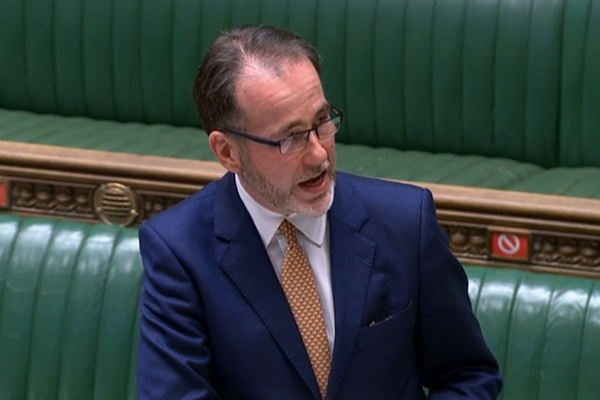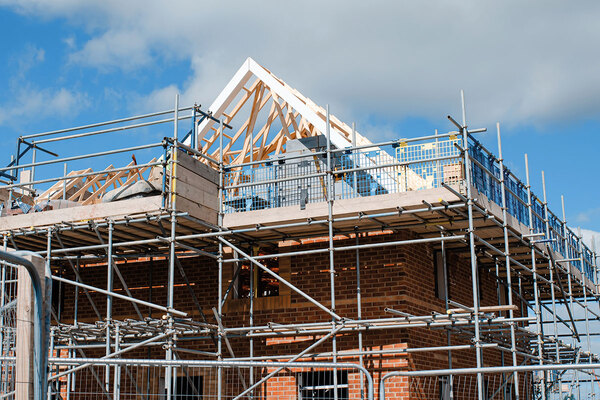
Jules Birch is an award-winning blogger who writes exclusive articles for Inside Housing
The government’s housing market interventions have done little to benefit first-time buyers
Efforts to shore up the property market have seen prices soar, benefiting those who already own ahead of those who want to buy, writes Jules Birch
The housing market is at a frenzied record high as house prices rise by more than 2% in a single month.
Just the moment then for the government to step in with a scheme to guarantee 95% mortgages for anyone who thinks they have to climb the ladder before it disappears out of reach.
The house prices in question are only asking prices as recorded by Rightmove but the £6,733 average increase between March and April reflects a rush to beat the end of the stamp duty holiday and demand for more space from people who have done well during the pandemic.
It’s now 13 months since the start of the pandemic and, to pick another measure, house prices are up by around £16,000 or more than 7% since then, according to Nationwide.
Prices initially fell amid the economic uncertainty but surged again on the back of the stamp duty holiday introduced by chancellor Rishi Sunak last July and then extended in March.
The overwhelming beneficiaries are people who already own homes who have been able to sell them for higher prices that now wipe out the stamp duty savings for most buyers.
For all the rhetoric about helping people on to the housing ladder, few first-time buyers saved much in stamp duty and all now face having to spend considerably more in total.
The mortgage guarantee scheme, essentially a rehash of one part of Help to Buy, should help them by addressing a genuine problem with the supply of high loan-to-value mortgages. However, lenders are cautious.
The Financial Times reported on Saturday that the largest banks are refusing to lend on new builds under the scheme and that they may also charge higher rates and apply stricter affordability criteria.
From their point of view, that makes sense to guard against falling prices, especially when they factor in the new-build premium that adds around 10% to the cost of a new home.
And the benefits look dubious for first-time buyers too. Based on the Nationwide index, a 95% loan on a home at the current average price would be £220,000 – more than the total price was when the stamp duty holiday was first announced.
None of this makes any sense and yet, in an under-supplied and under-taxed housing market fuelled by credit and low interest rates, somehow it does.
As memories fade of the housing market crash of the early 1990s and the downturn after the financial crisis, the logical next step would be a relaxation in affordability checks on mortgages to allow loans at larger income multiples, ignoring the lessons of the 2000s and the economic headwinds that could lie ahead as furlough ends.
But all of this is happening at the same time as the entire market for recently built flats remains mired in the continuing fall-out from the fire safety crisis. Inside Housing reported on Friday on cases of leaseholders buying flats on the basis of an external wall system (EWS1) form declaring that their cladding was safe only for new inspections to decide that it must be removed.
One buyer purchased a £350,000 flat rated A1 and safe in February only for the EWS1 rating to be downgraded to B2 just 34 days later. That made her flat worthless and left her facing costs for a waking watch and cladding remediation.
If the EWS1 rating can be changed at the drop of a hat like this, why would anyone risk buying a recently built flat?
The government has grudgingly and in stages committed a total of £5.1bn to fixing the cladding crisis so far and it has announced some welcome reforms to leasehold.
But leaseholders in buildings below 18 metres are only eligible for loans, and help does not apply to other fire safety problems, leaving a significant chunk of the housing market in limbo.
The fact that at the same time the government has spent £5.4bn on the stamp duty holiday says it all about where its priorities really lie.
Jules Birch, columnist, Inside Housing
Sign up for our daily newsletter
Already have an account? Click here to manage your newsletters
